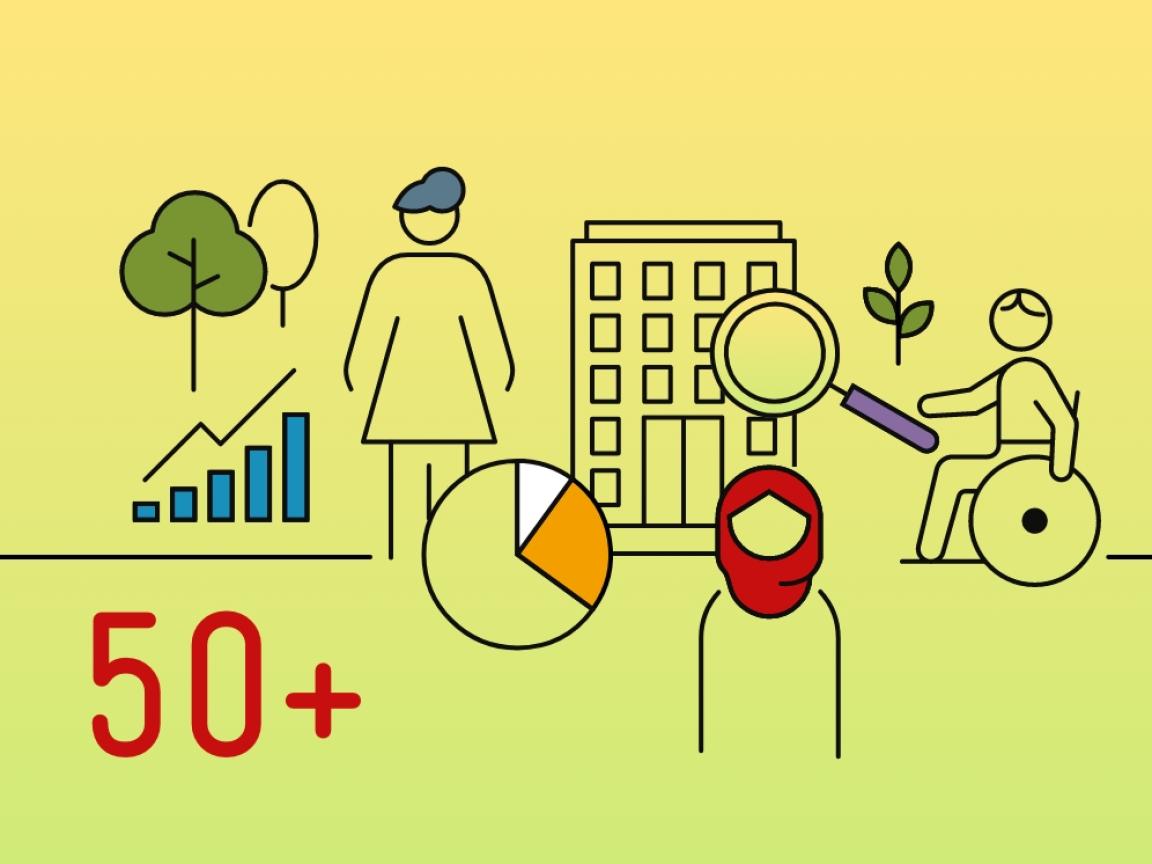GIZ's evaluations focus on the usefulness of findings. We pursue several objectives with our evaluation instruments: help in decision-making, transparency and accountability, and organisational learning. The evaluations are drawn up in accordance with national and international quality standards.

Results and evaluation
‘Knowing what works’ – our aim as GIZ is to not only learn from our experiences but to also bring transparency to the impact our work has around the world. Our evaluations are the basis on which we provide evidence of results, ensure accountability and continuously improve our work – for more effective international cooperation.
Our evaluation system
Evaluation in line with OECD criteria
The evaluations follow criteria recognised by the Organisation for Economic Co-operation and Development (OECD) for relevance, coherence, effectiveness, overarching developmental impact, efficiency and sustainability. For projects commissioned by the German Federal Ministry for Economic Cooperation and Development (BMZ), an additional decisive quality criterion has been added: if a project scores 4, 5 or 6 in one of the OECD criteria of effectiveness, overarching development results (impact) or sustainability, it is considered ‘unsuccessful’ overall. We therefore consider these three criteria as ‘knock-out criteria’. The basis for scoring is a six-point scale, similar to that used for school grades in Germany.
Changing regions
Results in figures
From planning to evaluation, we analyse our work and the results achieved at regular intervals. These analyses document GIZ’s results in a specific project. But what impact does GIZ's work have at an international level? For example, how many people have access to high-quality, future-oriented vocational training thanks to support from GIZ? Company-wide data collection across projects and national boundaries provides answers to questions like these. The process involves collecting and summarising results on selected topics.










